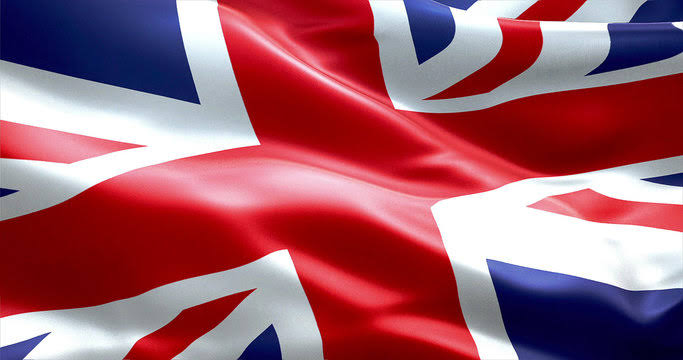The United Kingdom’s government’s borrowing figures surged beyond expectations in July, intensifying concerns for the newly formed Labour Party-led government as it prepares for its first budget in just over two months.
Official data released by the Office for National Statistics (ONS) on Wednesday revealed that public sector net borrowing reached £3.1 billion ($4 billion) last month, marking the highest July figure since 2021. This figure far exceeded market predictions, placing additional pressure on Finance Minister Rachel Reeves ahead of the upcoming budget announcement on October 30.
Reeves has already signalled the potential for “difficult decisions” regarding whether to implement spending cuts or tax increases. The latest borrowing numbers add to the challenges she face.
According to Jessica Barnaby, the ONS deputy director for public sector finances, the rise in borrowing was driven by “a rise in central government spending” as “the cost of public services and benefits continued to rise.”
Since the start of the UK tax year in April, the country has borrowed nearly £5 billion more than projected by the Office for Budget Responsibility (OBR). Public debt, hovering close to 100 per cent of gross domestic product (GDP) due to pandemic and energy crisis-related spending, stood at 99.4 per cent of GDP by late July.
Chief Secretary to the Treasury Darren Jones described the figures as “yet more proof of the dire inheritance left to us by the previous government.” He emphasized that the new government is making “the tough decisions that are needed to fix the foundations of our economy, modernise our public services, and rebuild Britain.”
However, the increased borrowing leaves little flexibility for the upcoming budget, as noted by Dennis Tatarkov, a senior economist at KPMG UK. “An expected slowing in GDP growth ahead could limit revenues in the second half of the year,” Tatarkov cautioned.
Adding to the fiscal challenges, Reeves announced last month that the public finances are burdened with an additional £22-billion deficit inherited from the previous Conservative administration. While Labour has insisted that it will not increase taxes on “working people,” the Conservatives have rejected Reeves’ claims, accusing the new government of using fiscal assessments to justify future tax hikes.
In a July 29 parliamentary statement, Reeves disclosed that several road and hospital building projects would be canceled or postponed, and winter fuel payments would be restricted to only the poorest pensioners. These measures, along with others, are expected to be part of Reeves’ maiden budget.
According to the Financial Times, Reeves is also considering adjustments to the formula used to determine rent levels for subsidized social housing, potentially allowing for above-inflation rent increases to boost affordable housebuilding. However, this move could impact tenants already grappling with the UK’s prolonged cost-of-living crisis. Polly Neate, the head of housing charity Shelter, warned that any changes must include mechanisms to prevent “extreme rent rises” should inflation spike again.
UK inflation, which hit a four-decade high of 11.1 percent in October 2022, has recently fallen to around two percent, following a series of interest-rate hikes by the Bank of England.
Despite these challenges, the finance ministry is reportedly concerned that modest UK economic growth since the country exited a mild recession late last year has not sufficiently improved public finances. The Guardian reported that officials are exploring potential revenue-raising measures, such as increasing inheritance and capital gains taxes, while maintaining slight spending increases that could still necessitate cuts in some government departments.
Prime Minister Keir Starmer’s government remain reluctant to remove the controversial two-child benefit cap, which has faced criticism from child poverty campaigners and opposition from left-wing factions within the party. The cap, which limits benefits for families with more than two children, is expected to save the government £2.5 billion this tax year.









